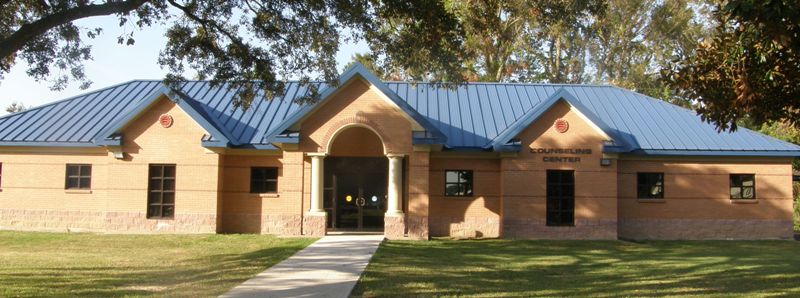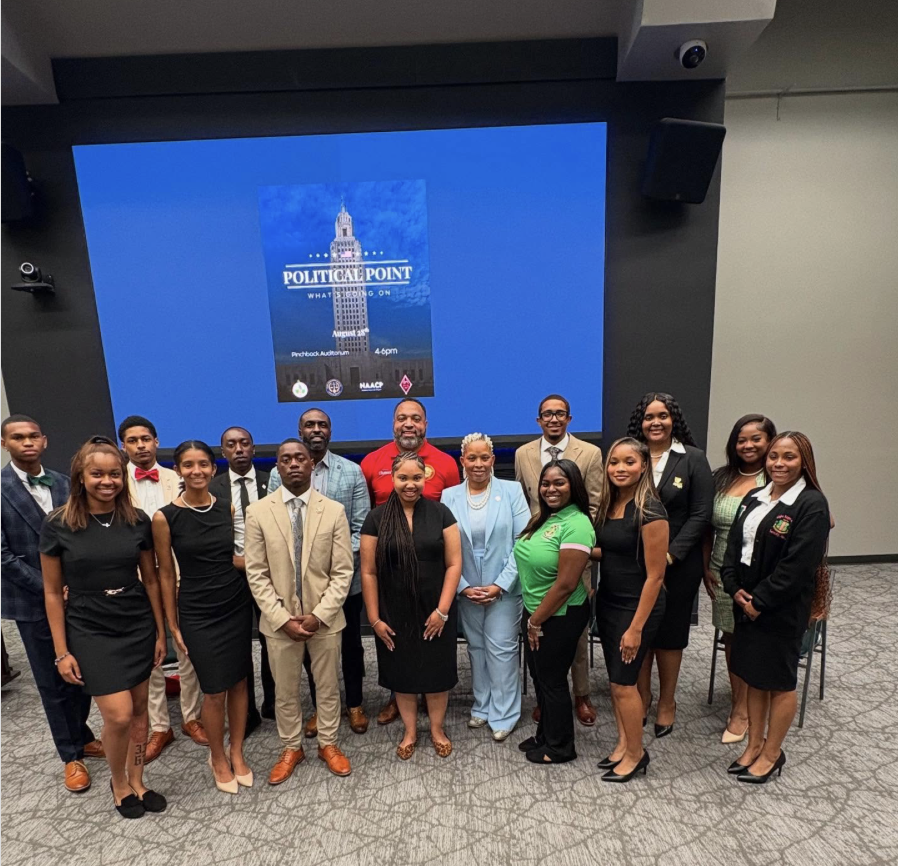An immune defeating and health robbing disease does not spark concern in Louisiana residents until it hits too close to home.
HIV, Human Immunodeificiency Virus, disables the body’s immune systems by attacking immune cells. The Acquired Immunodeficiency Syndrome, AIDS, is the advanced stage of HIV.
According to the Louisisana Department of Health and Hospitals, The Baton Rouge Metropolitan Area calculated a higher rate of new AIDS cases than Houston, Los Angeles and Dallas metropolitan areas from 1999 to 2000.
There are 2, 679 cases of HIV in the Greater Baton Rouge area, as estimated by the Louisiana Office of Public Health.
Although Baton Rouge has a high AIDS rate, Southern University’s is relatively low, said Dr. Peter Dawson at the SU Health Center.
“AIDS is not rampant on black college campuses and Southern University’s AIDS rate is not higher than any other college’s,” Dawson said.
However, AIDS is increasing among minorities. AIDS affects six times more African Americans than whites and three times more Hispanics, as stated by The United States Center for Disease Control.
Through the 20 years of its recorded existence in the United States, AIDS has spread from affecting homosexual males to heterosexual individuals mainly through needles and unprotected sex.
One of the biggest threats of HIV is that symptoms may not show for months or even years.
Beginning symptoms can be mistaken for the flu but advance to night sweats, weight loss, swollen lymph glands and fatigue.
The advanced stage of AIDS is called Opportunistic Infection. In this stage, symptoms worsen to seizures, lack of coordination, shortness of breath, and coma.
“Depression and thoughts of suicide can set in when an individual battles with AIDS because it affects every aspect of his/her life,” said Kevin Tripaux, Counselor at SU Counseling Center.
“Ignoring the fact that you may have HIV will not make the virus go away,” Tripaux said.
Early testing AIDS education, and practicing safe sex can help stop the spread of this life-threatening disease in Louisiana.
Southern University’s Infirmary does not conduct AIDS testing, but for free, oral AIDS testing call (225) 923-AIDS.
Categories:
Spreading Epidemic
October 26, 2001
0
More to Discover





